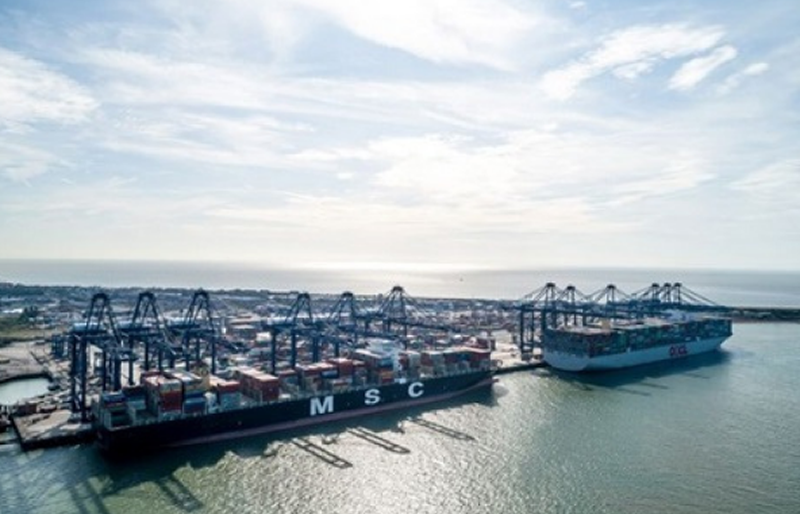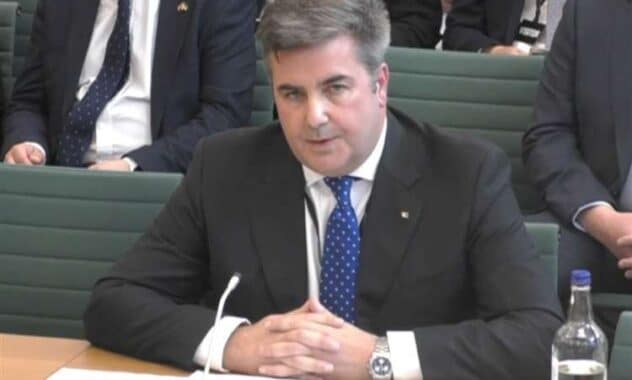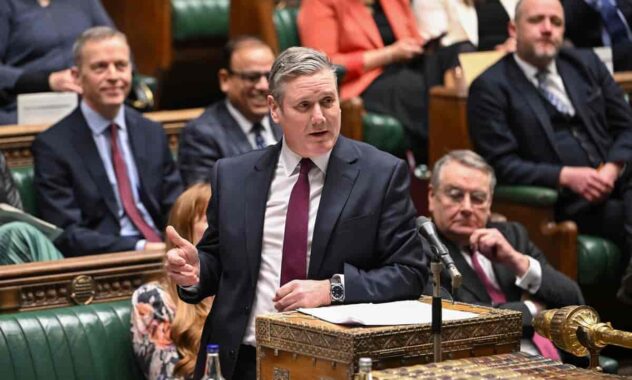Freeports must not lead to deregulation and attacks on workers’ rights – RMT
Union warns that Freeports must not lead to attacks on working conditions & super exploitation of seafarers in Holyhead, Milford Haven & Port Talbot

Maritime union, the RMT has warned that new Freeports must not lead to attacks on working conditions and super exploitation of seafarers in Holyhead, Milford Haven and Port Talbot. The union was reacting to news that two sites in Wales will be gain Freeport status meaning there will be special exemption from tax rates, customs rules and other regulations.
Business leaders and the government claim the move will lead to job creation and increased economic activity. But RMT has warned that this must not lead to the exploitation of cheap labour, deregulation and a reduction in safety standards.
The union highlights examples in Teeside where freeport status has led to public concerns which have not been allayed by a Government report.
RMT General Secretary Mick Lynch said:
“Our union welcomes job creation in port towns but it cannot be done on the cheap, through lowering standards around safety, pay and conditions. We welcome the Welsh Government’s condition of Workers Consultative Forums in Freeports in Wales and look forward to further details on how we can engage on behalf of our members.
Freeports are the Government’s core post Brexit strategy for creating jobs, but we have seen little evidence of that at the sites in England or Scotland so far and we will industrially oppose any attempt by employers to take advantage of lighter regulation to attack existing terms and conditions of our members already employed at these sites. And any jobs created in these Freeports must be covered by collectively bargained terms and conditions, alongside plans to train up a new generation of seafarers and dockers in Wales through effective apprenticeship schemes.”
In September 2021, Ben Crawford, on behalf of the IER, wrote an important briefing on the government’s drive towards the creation of freeports with an analysis of their impact on workers’ wages and conditions internationally. He notes that where freeports have been poorly designed, they do not just become a way for firms to avoid customs duties, but also a way for them to exploit workers.
You can read the briefing here.







